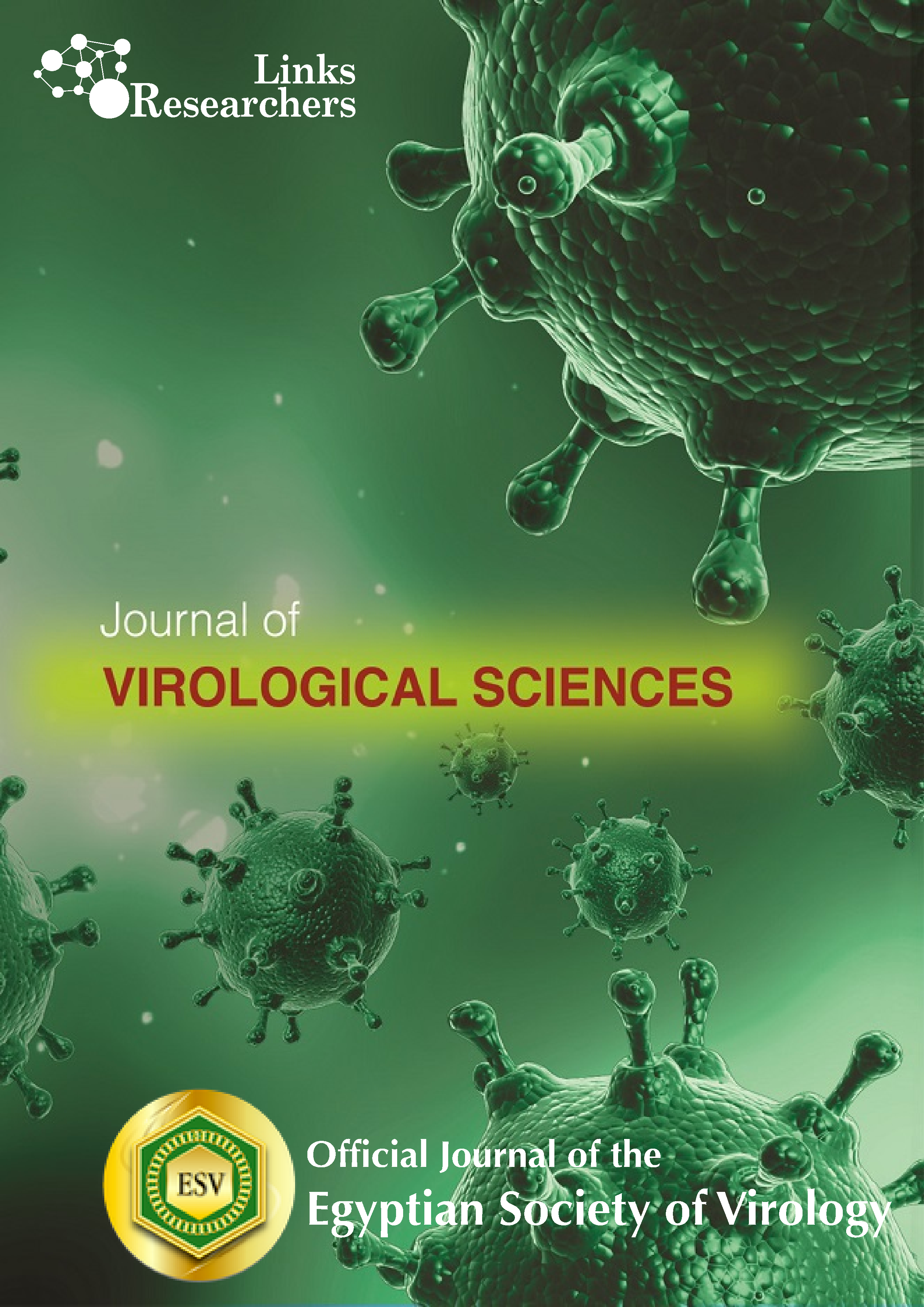Background: Evaluation of Peste des petits ruminants (PPR) vaccine is a matter of concern to ensure
releasing of safe, effective and potent product.
Objective: To use of some molecular techniques as conventional reverse transcriptase polymerase
chain reaction (RT-PCR) and real time RT-PCR in identity test of PPR vaccine.
Methods: Four batches of PPR vaccines that produced in Egypt by Veterinary Serum and Vaccines
Research Institute (VSVRI) were collected and tested for identification of PPRV by conventional RTPCR
using two primer sets targeting F-gene and N-gene and real time RT-PCR.
Results: By F-gene based RT-PCR, PPRV could be detected in only 2 samples out of 4samples (50%).
By N-gene based RT-PCR, PPRV could be detected in all samples (100%). By real time RT-PCR,
PPRV was detected in all the 4 samples.
Conclusion: Molecular techniques could be used for rapid evaluation of PPR vaccine including RTPCR
and real time RT-PCR for identity testing. However, the one-step real-time RT-PCR is proved to
be the most rapid, sensitive and specific assay for identification of peste des petits ruminants virus in
PPR vaccines. In the meanwhile, the conventional RT-PCR using primer set that targets N gene is
more sensitive in identification of PPRV than RT-PCR using primer set that targets F gene which
could give false negative results.




